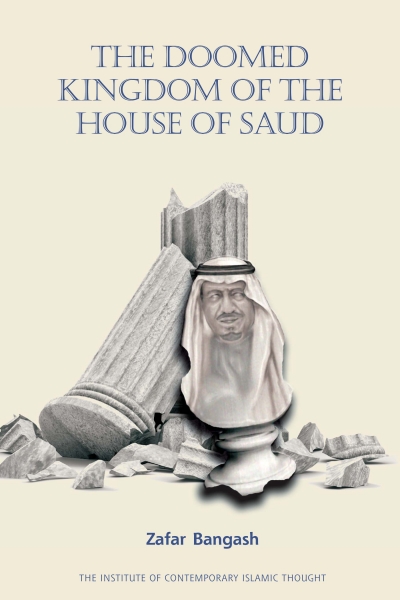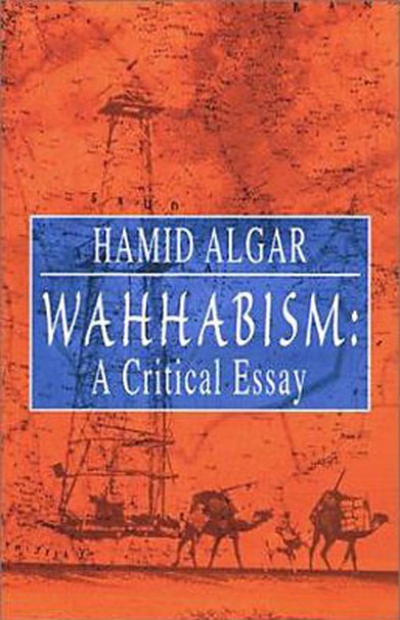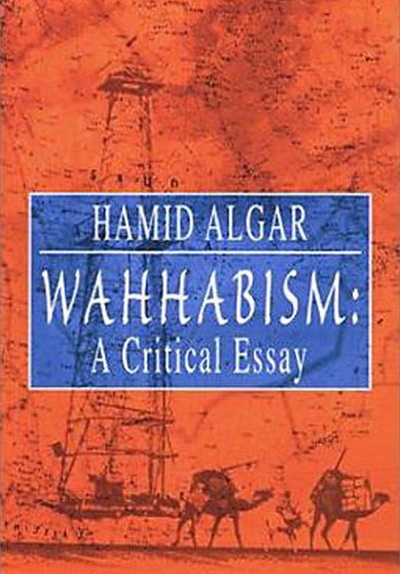



Is the West, especially the US waking up to Saudi Arabia's destructive influence in the world? This article reproduced from the New York Times, raises pertinent questions about Saudi role, funding and ideological support of extremism in the Muslim world. The photo shows Saudi-inspired ISIS takfiri terrorists executing prisoners.
1Bani Saud have caused havoc in the Muslim world. Their policies have resulted in the killings of hundreds of thousands of innocent people and displacement of millions of others. Their removal has become imperative otherwise Muslims will continue to pay a steep price.
The overwhelming majority of Muslims in the world hate the terrorist outfit Daesh that goes by several names--ISIL, ISIS or takfiris (for Muslims). Yet this is not something one would find reflected in the Islamophobic media of the West. Instead, they deliberately mislead people making them believe that all Muslims are either terrorists, potential terrorists or their sympathizers. Pew Research has discovered something very different.
The artificial kingdom of Bani Saud is doomed because events are spinning out of their control, writes Muslim Mahmood from Nigeria.
Mecca is best known as the long-held historically sacred space for global Muslims and the place where over 4 million Muslims conduct a pilgrimage every year. For centuries, Muslims reference the verse, “And pilgrimage to the House is a duty unto God for mankind, for him who can find the way thither,” (3:97) and the rites that were established by Muhammad to carry out this sacred pilgrimage at least once in their lifetime.
The Bani Saud (aka the House of Saud) seems to be heading for a fall. One generation shuffling to its grave, the other at loggerheads and great discontent internally plus massive failures externally have all combined to make its end nigh, says author Zafar Bangash.
As the takfiri group, the Islamic State (IS) continues to confound the West with its consolidation of a Salafist-inspired resurrection of a ‘caliphate’, the Danish mole responsible for leading the CIA to Anwar al- Awlaki has caused a scandal by publishing his memoirs of life “inside al Qaeda and the CIA”.
The Saudis may have created a monster that is likely to bite them as well. Should the ISIS invade Saudi Arabia, it will be a fight of a lifetime. Muslims will have a ringside view of a blood-curdling duel between ideological twins.
The House of Saud has financed many mercenary writers to paint the Islamic Republic of Iran in a negative light. This hate-campaign, however, is not limited to Iran; even the Ikhwan in Egypt have become victims of Saudi vilification.
Muslims around the world are once again faced by a criminal act perpetrated by a group of terrorists in the name of Islam. The kidnapping of hundreds of school girls by Boko Haram in Nigeria should be addressed by going to the source of the problem: the ideology being propagated by the Saudi regime and its court preachers.
Relations between Islamic Iran and Hamas are back on track after a hiatus caused by Hamas’ rash decision to burn its bridges with Damascus following eruption of the imperialist-zionist-Wahhabi inspired conspiracy in Syria.
Who is a terrorist? Is it someone who kills innocent people or someone who defends his legitimate rights? The Saudi regime is known to sponsor terrorist outfits worldwide yet it has the gall to declare the Muslim Brotherhood in Egypt a “terrorist” organization. The Bedouins from Nejd that have illegally occupied the Arabian Peninsula are financing the murderous thugs in uniform, the Egyptian military, with $15 billion in aid.
The US and its Western and Zionist-Wahhabi allies may have lost in Syria but this should not lead one to conclude that their mischief-making is over. Vigiliance and prudent rather than complacency are required.
The Anglo-Wahhabi-zionist mafia is determined to prevent a peaceful resolution to the crisis in Syria by flooding the country with weapons and al-Qaeda terrorists.
The historic roots of the alliance between Muhammad ibn Abdul Wahhab and the House of Saud in 1746 will not be analysed here. A brief reference to it, however, is necessary to understand its contemporary repercussions...
Wahhabism: A Critical Essay, by Hamid Algar. Pub: Islamic Publications International, Oneonta, New York (www.islampub.com), 2002. Pp: 98. Pbk: $12.95.
Wahhabism, a peculiar interpretation of Islamic doctrine and practice that first arose in mid-eighteenth century Arabia, is sometimes regarded as simply an extreme or uncompromising form of Sunni Islam. This is incorrect, for at the very outset the movement was stigmatized as aberrant by the leading Sunni scholars of the day, because it rejected many of the traditional beliefs and practices of Sunni Islam and declared permissible warfare against all Muslims that disputed Wahhabi teachings. Nor can Wahhabism be regarded as a movement of “purification” or “renewal,” as the source of the genuinely revivalist movements that were underway at the time. Not until Saudi oil money was placed at the disposal of its propagandists did Wahhabism find an echo outside the Arabian Peninsula.
1



